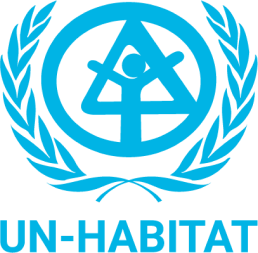“Six months ago, I was pregnant with my first and only son. It was a bitter cold winter in Kabul, and heavy snowfalls had transformed the city into an icy place. Even the dirt streets outside my home were frozen solid.”
Farima is a mother of four – three daughters and a son – living with her family in Sarai Kotal, one of the informal settlements in Kabul, Afghanistan. Her husband is a peddler, earning 100 to 200 Afghanis a day (about 1-2 US dollars), barely enough to meet their daily needs.
“In that morning, I was supposed to visit my doctor as my baby was due to be born in a few days. I wanted my husband to accompany me, but he set out to find a job that could sustain our growing family.”
As Farima just stepped out alone from her home to the hospital, a nightmare unfolded. Suddenly, her foot slipped on the icy road, and she found herself losing control of her body. She was feeling a heavy pain in her left hand and kept saying “My baby… my baby… Help me! Help!”
Yet, amidst the chilly morning after the heavy snowfalls, the doors and gates of the surrounding neighborhoods remained shut, and her weak voice was unheard. The cold numbed her hands and feet, and dizziness gradually pulled her unconscious.
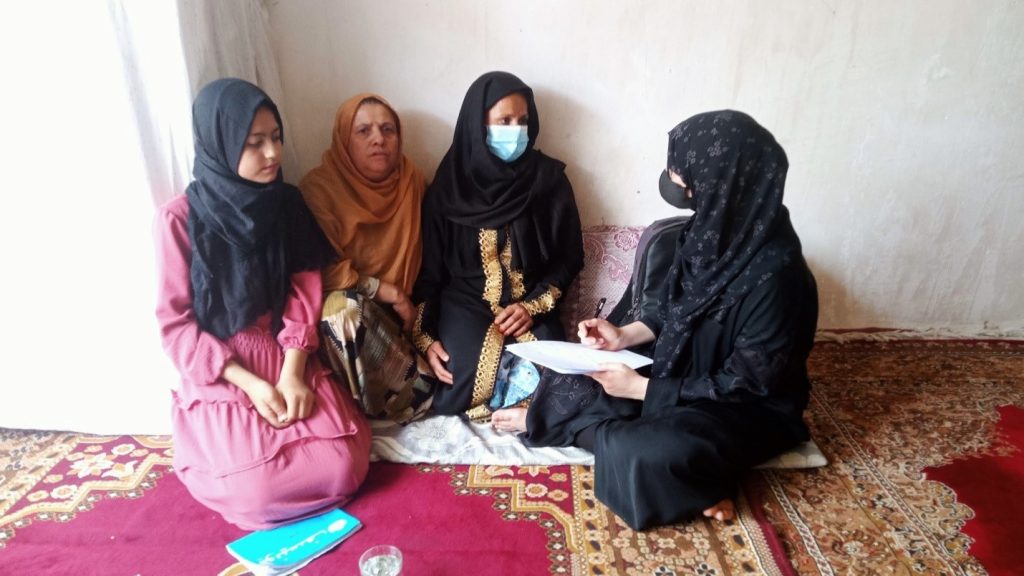
“When I opened my eyes, I saw my daughter crying. I did not know what was happening.” She was lying on a hospital bed with her broken hand, and the doctor swiftly took her to the operating room, and there, amidst a whirlwind of emotions, the baby boy was born safe and sound.
Like Farima’s community, residents of informal settlements are living in makeshift dwellings located on land with insecure tenure, completely unsuitable for human habitation.
These vulnerable residents, affected by over three decades of conflict, are facing dire challenges, including severe deficits in essential services and infrastructure. Moreover, they live under threats of eviction and a range of protection risks.
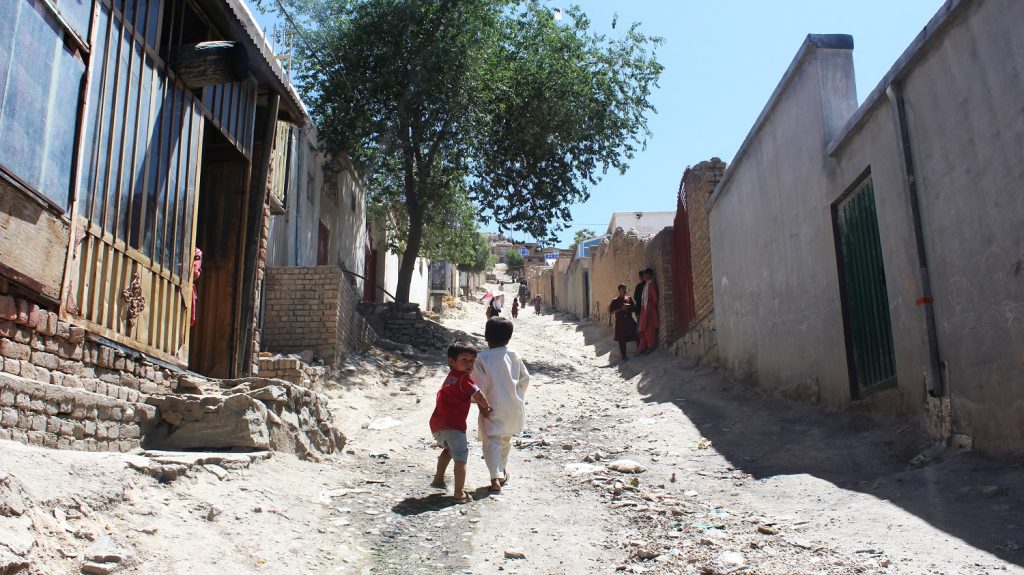
With the generous support of the Government of Japan, UN-Habitat has been implementing the project “Emergency Support Programme for Conflict-Displaced Afghans.” It aims to provide lifesaving services and essential community infrastructure to meet the immediate needs of 50,000 internally displaced people (IDPs) and returnees residing in urban informal settlements in the cities of Kabul and Herat, with a focus on the need of women.
In Farima’s community, the project has facilitated the construction of eight concrete roads with a decision made collectively by the community members themselves. Farima herself was one of those who participated in the decision-making process and raised her voice to be heard.
“The incident is unforgettable, but today in my community, the once-dusty streets have been paved with concrete. Cars can now reach the front of our houses in case of emergencies. I am very grateful to all those who dedicated themselves to this project and to Japan as the donor.”
Farima now hopes that no more pregnant women will have to endure the same pain she had gone through.
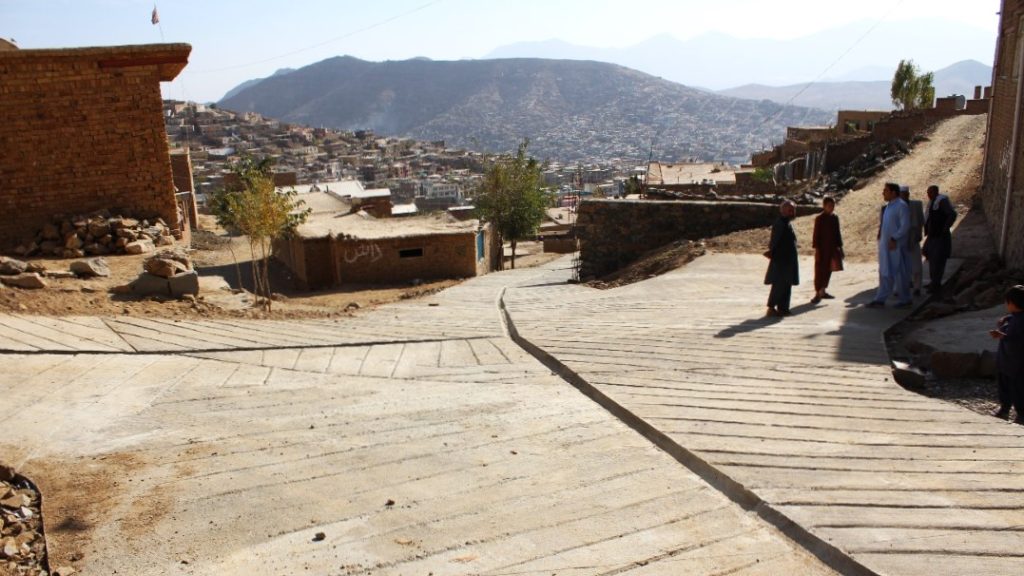
In the heart of Kabul, nestled amidst the rugged mountains, lies Tanikot, another community struggling with displacement, limited access, and harsh living conditions. It is another project site, where UN-Habitat in partnership with Japan has provided support to vulnerable populations in informal settlements.
In the past, life in Tanikot was challenging, especially during the rainy season when floods wreaked havoc, leaving the roads impassable and homes submerged in water. The road was a treacherous path with an uneven surface, making it impossible for ambulances to reach those in need of medical attention promptly. Schools struggled to maintain regular attendance due to the difficulties faced by students and teachers alike in navigating the rough terrain. As winter arrived, the road turned muddy, making daily commutes an arduous task.
Marzia, a female resident of Tanikot, recalls the terror she experienced while her husband was returning home late from work. The darkness and condition of the road made her anxious until he arrived safely. Countless families faced similar challenges, feeling isolated and cut off from the rest of Kabul due to their lack of proper access.
The pivotal moment arrived when UN-Habitat selected Tanikot as the location to implement the Japan-funded Project. An important workshop was organized, giving the residents an opportunity to voice their infrastructure needs and priorities, ensuring their voices were heard and taken into account.
“Participating in the community engagement process for the project, everyone including myself agreed to prioritize the construction of access road and floodwater drainage in Tanikot, a safe access road from Takhnikum to Ali Malang” said Marzia.

On the inauguration day, the entire community came together to celebrate this transformative change. The joyous faces of children, the elderly, and everyone in between reflected the impact the road had on their lives.
“I am glad to see the remarkable transformation that has taken place as the construction commenced. The once barren landscape has undergone a significant change, with the road skillfully carving its way up the mountains, linking the previously isolated settlement to the bustling city of Kabul.”
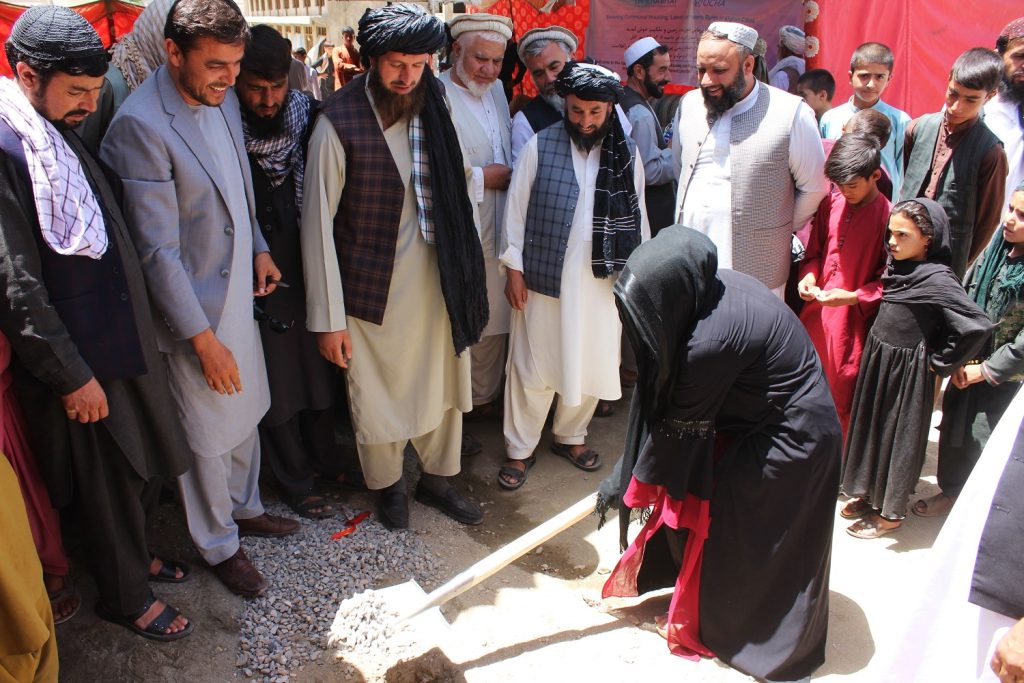
The new road has not only improved physical infrastructure but has also breathed new life into a community that was once struggling in the shadows.
“The quality of work has been exceptional, resulting in a road that efficiently manages the flow of floodwater through well-placed drainage systems. This infrastructure development has brought newfound connectivity and resilience to the area, making it a source of pride for the entire community,” Marzia continued.
With the stable and well-maintained road, taxis now easily traverse the area, providing convenient transportation options for the residents. Lately, they see more children going to school on time and more people gathering around than before.
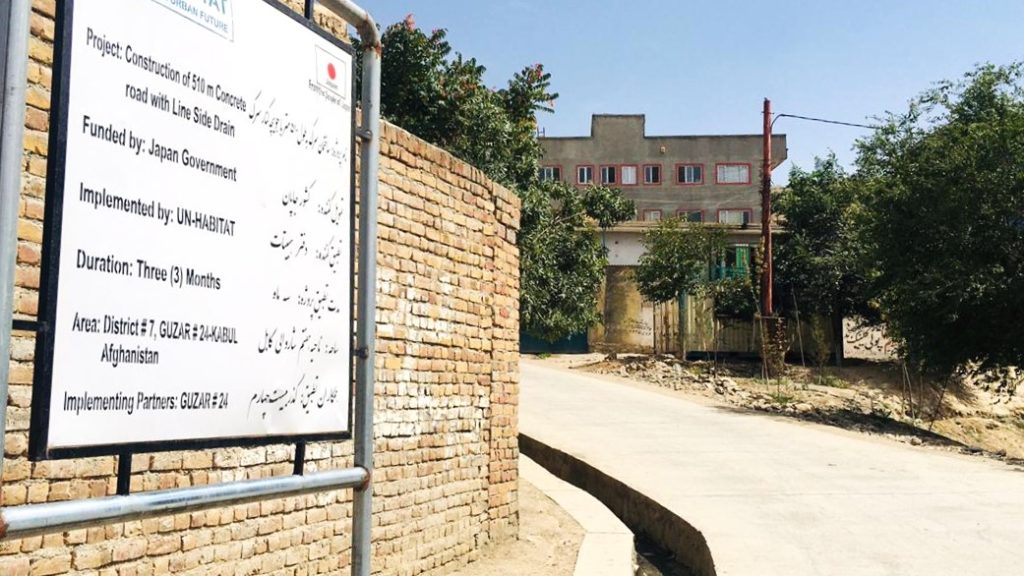
“Tanikot is no longer an isolated enclave; it is a vibrant neighborhood where relatives and guests are welcomed at any hour, in any season.” Marzia now feels a sense of relief and safety she had never known before.
The Japan-funded project in Tanikot stands as a testament to what can be achieved when vulnerable people unite for a common goal – transforming despair into hope and bringing about a brighter future for all.
